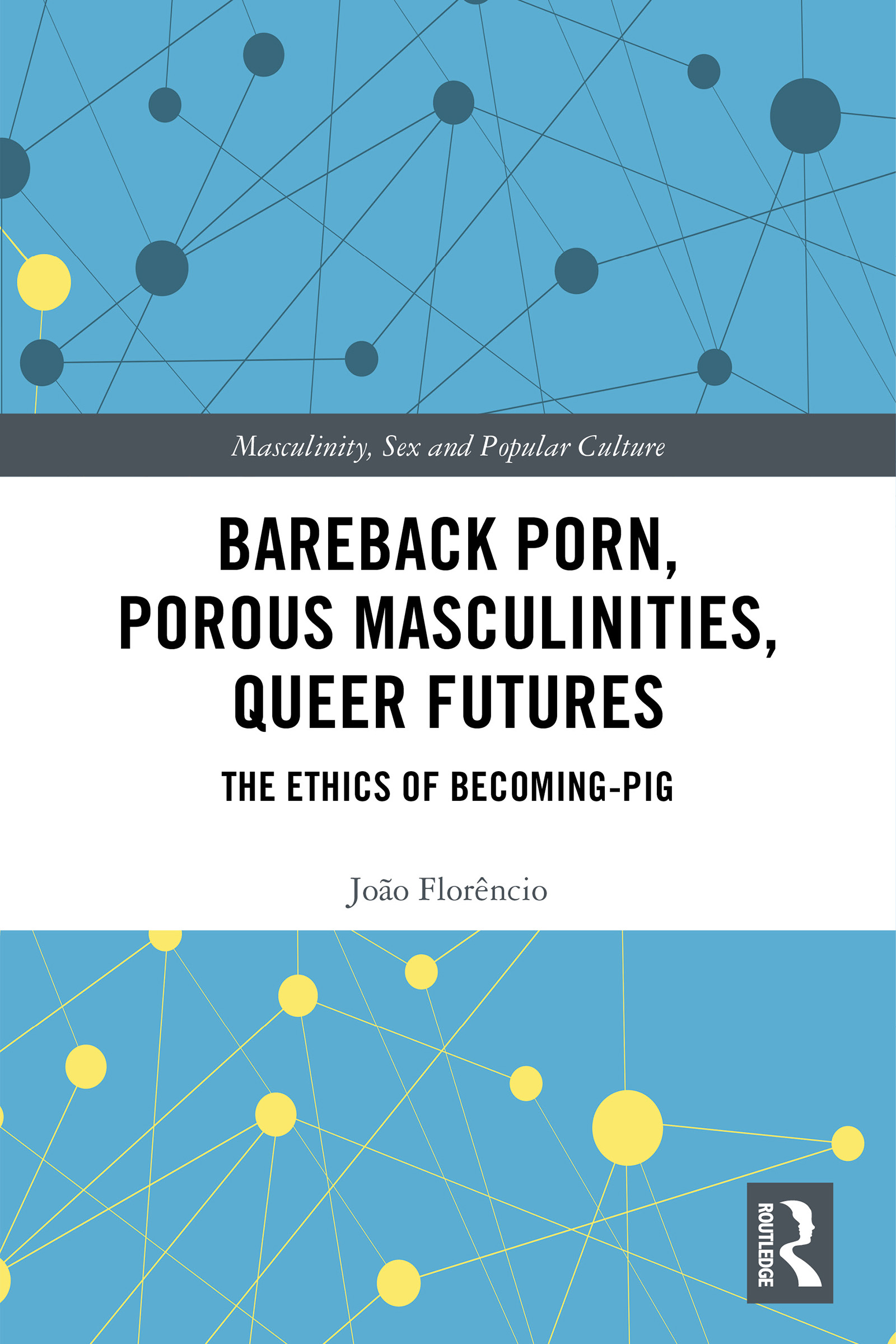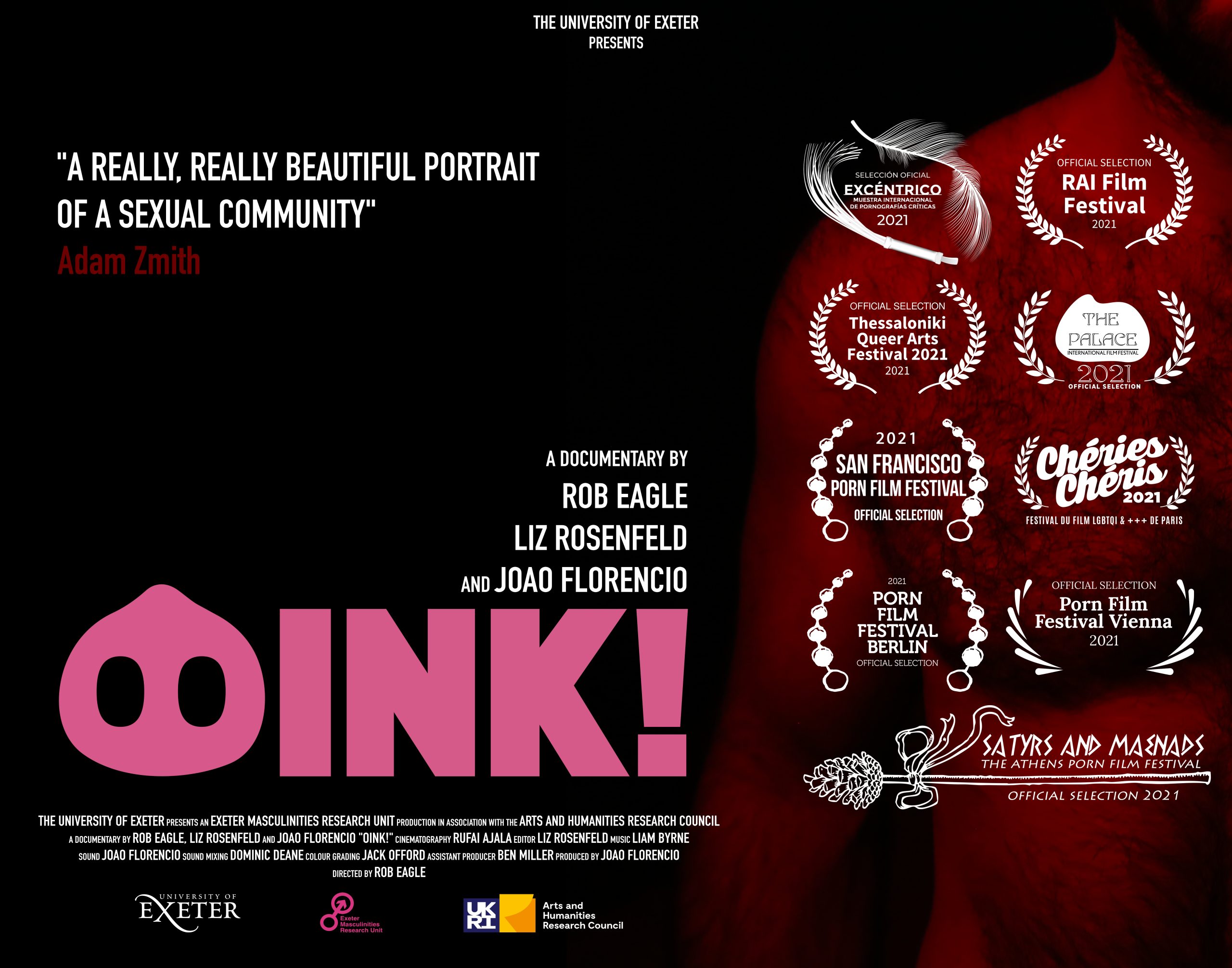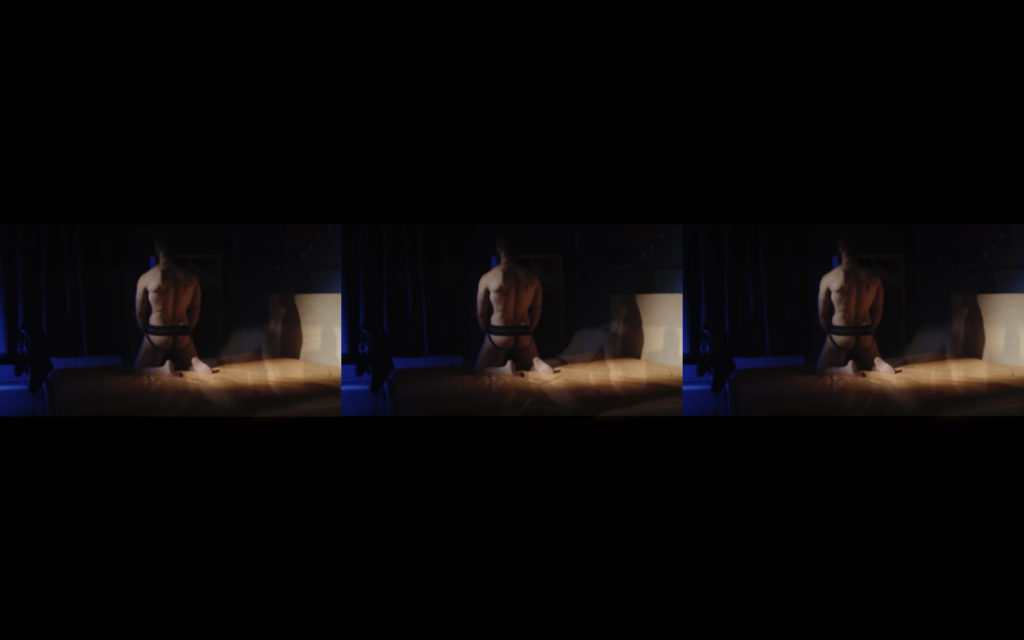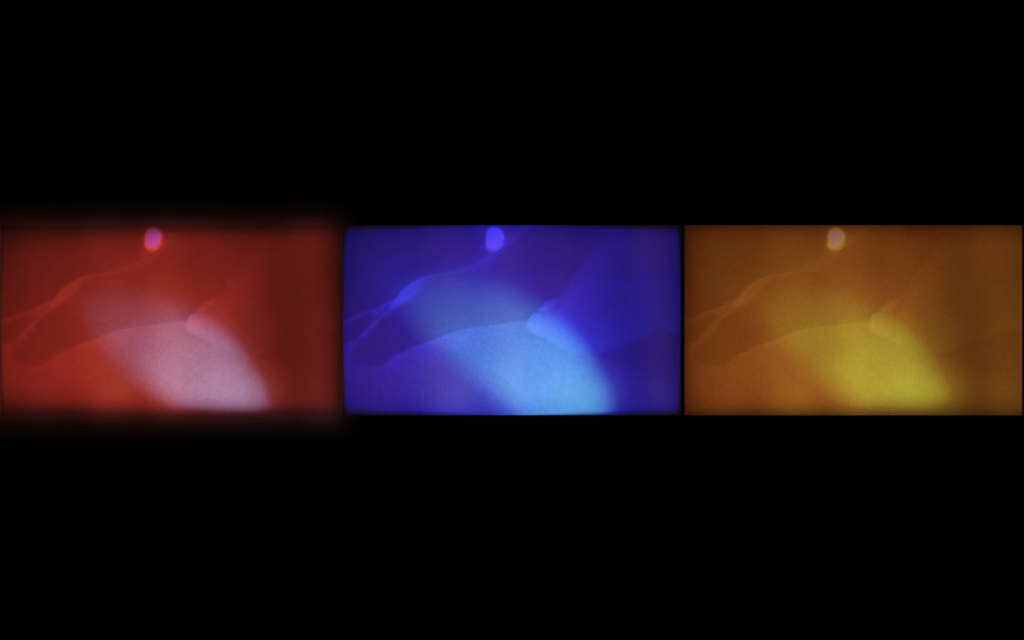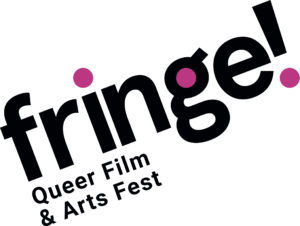Led by Dr João Florêncio (Art History and Visual Culture; Exeter Masculinities Research Unit) and funded by the Arts and Humanities Research Council through a 24-month Leadership Fellows grant (2019-2021), Masculinities and the Ethics of Porosity in “Post-AIDS” Gay Porn theorises gay “pig” masculinities and their visual mediation, which emerged in the last two decades in tandem with the introduction of antiretroviral therapies for the management and prevention of HIV infection. It does so through a close critical engagement with representations of “pig” masculinities in contemporary gay pornography, interviews with gay men who identify as “pigs” in London, Berlin, Los Angeles and San Francisco, and archival work at the Bishopsgate Institute (UK), the Schwules* Museum (DE), the ONE Archives (USA), and the Tom of Finland Foundation (USA).
“Pig” is a term used by some gay men to self-define themselves in terms of their own sexual practices, which they regard as transgressive, pushing the limits of the body and of its integrity through relentless condomless penetrations, stretching of the rectal sphincter, and exchanges of all kinds of bodily fluids (sperm, urine, saliva, etc). It is used in the names of hookup websites directed at gay men into fetish or “extreme” sex (e.g. NastyKinkPigs.com or AssPig.com) and often included, as a pig head or snout emoji, on usernames or profile text on gay hookup apps like Grindr, Scruff or Recon. It is also a term that, alongside “bareback,” has been appearing in increasing numbers of gay porn titles since the mid 1990s. What is interesting about gay “pig” masculinities are the ways in which they appear to be predicated on a transgression of the boundaries of the male body, a blurring of inside and outside, self and other, through the pursuit of relentless penetrations and exchanges of bodily fluids. Unlike hegemonic forms of Western masculinity, which have been shaped by a rejection of all things considered “feminine,” including penetrability, gay “pigs” appear to become more “manly” the more penetrated and open to foreign bodily fluids they are.
The introduction of Highly-Active Antiretroviral Therapies (HAART) and viral load testing in 1996 made HIV infection a long- term chronic condition and led to a radical transformation in the lives, identities and sexual practices of gay men. Not only did HAART make HIV infection no longer progress to AIDS but it also makes HIV-positive individuals uninfectious. More recently, the confirmation of HAART’s efficiency as Pre-Exposure Prophylaxis (PrEP) also means that those who are HIV- negative and having sex without condoms can prevent HIV infection by taking one pill a day. As a consequence, unprotected sex has been uncoupled from the spectre of AIDS and the number of gay men engaging in “barebacking”-that is, in intentional condomless anal sex-has risen exponentially, leading the practice to become mainstream. At the same time, bareback porn has also become the fastest growing genre of gay porn and, today, only a very small minority of studios continue to make visible use of condoms.
It is in that context that gay “pig” masculinities have emerged and become visible in gay online platforms and pornography. This research project will lead to the first monograph and documentary feature film critically discussing “pig” masculinities and their sexual ethics at length. Taking on a speculative research methodology (Wilkie, Savransky and Rosengarten, 2017) and drawing from porn studies, masculinities studies and the posthumanities, it theorises “pig” masculinities as porous threshold masculinities that simultaneously reiterate and trouble hegemonic traits of Western masculinity whilst pushing the limits of the body and opening themselves to new forms of sexual sociability and modes of communion.
In so doing, the project aims to contribute to existing critical histories of sexuality, subjectivities, and their visual representations by examining a contemporary form of gay male self-identification, one that is emerging in “post-AIDS” contexts through a complex interplay of desire, sexual performance, biochemical technologies, and 21st-century visual media.

